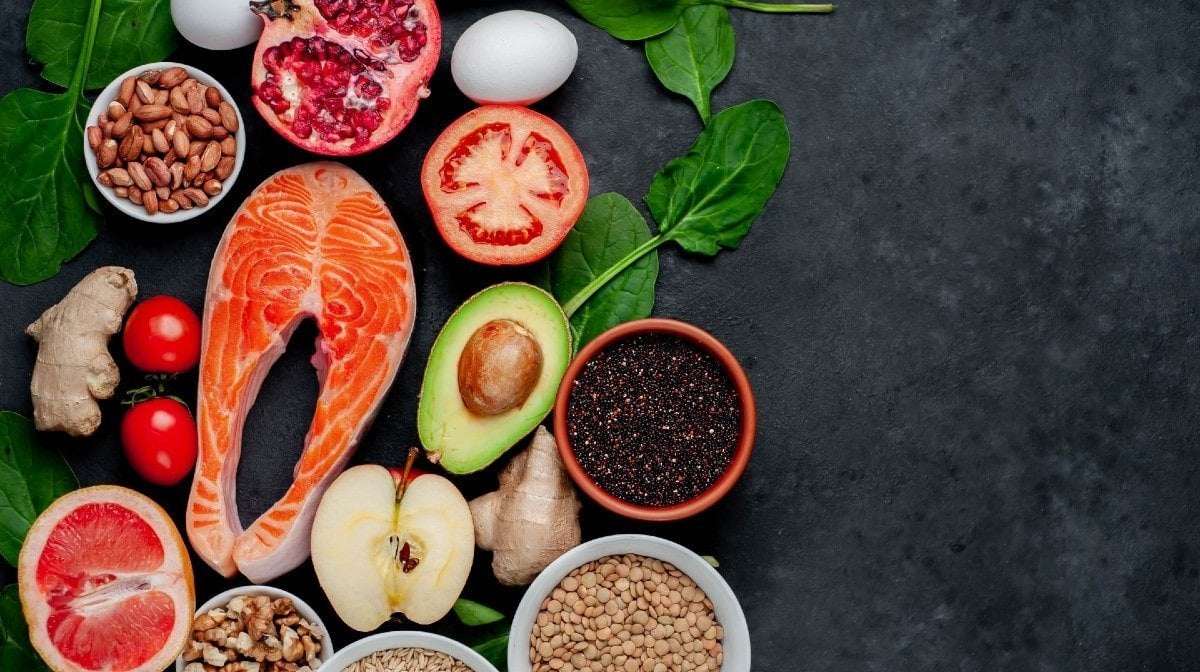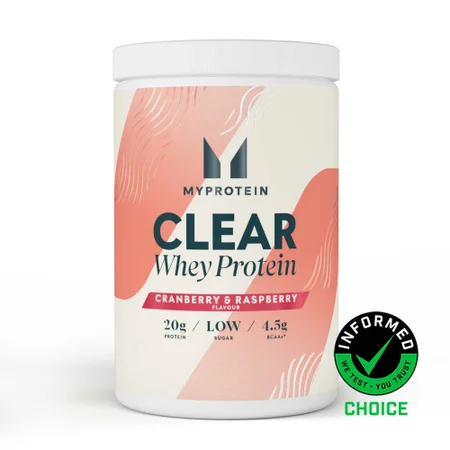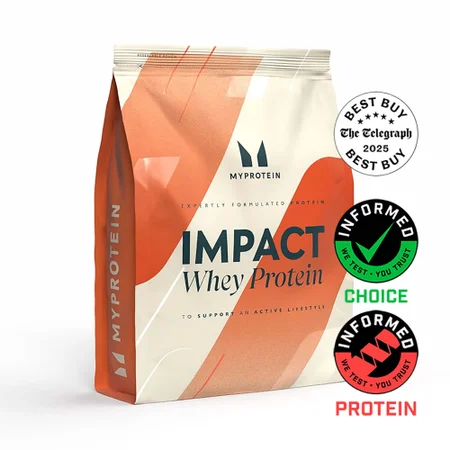
What Is the Blood Type Diet?
The Blood Type Diet or the Blood Group Diet is a fad diet that focuses on eating (or avoiding) certain foods based on your blood type - A, B, AB or O. Popularised by Dr Peter D’Adamo’s book, Eat Right 4 Your Type, it claims that you can optimise your health through individualisation of your diet, depending on your blood type.
The idea requires you to look at the genetic traits of your ancestors, finding where they were from and subsequently what they ate. D’Adamo claims that following the diet will allow you to digest your food better, improve energy levels, lose weight and even reduce the risk of certain diseases. However, there’s no scientific evidence to support these claims.
What To Eat for Your Blood Group
The 4 main blood groups, A, B, AB and O. each have positive and negative sub groups. The Blood Type Diet recommends which foods you should choose based on your blood group.
Blood Group A:
Blood Group B:
However, all of these foods on the “avoid” list have tonnes of health benefits. Nuts for example are a great source of healthy fat, and lentils have a brilliant fibre content.
Blood Group AB:
Again, these claims aren’t backed up by scientific evidence, and a vegan diet may not be the right choice for many people.
Blood Group O:
Does The Blood Type Diet Work?
There is currently no scientific evidence to support the theory that the right diet for you is dependent upon your blood type. In fact, a study performed in 2014 that included 1,455 participants showed no data to support the hypothesis.
The blood type diet does encourage healthy, unprocessed foods which are definitely good for you and will help if you’re looking to lose weight. Although, some of the blood groups have pretty restrictive suggestions, so will struggle to give you everything you need. Specifically for O and A, the diet is somewhat restrictive and may result in deficiency in certain vitamins and minerals.
If you find you can enjoy eating these foods and you are able to stick to it for months at a time, it may well work for you.
Take Home Message
The blood type diet is based on eating foods aligned to your blood type proposed to help lose weight, improve digestion and increase energy levels. These claims are based on theory alone with no scientific evidence to support them.
READ THESE NEXT:

Liam is a certified sport nutritionist with the International Society of Sport Nutrition and is enrolled on the British Dietetics Association’s Sport and Exercise Nutrition register. He has a Bachelor’s of Science in Sport and Exercise Science and is graduate of the ISSN Diploma in Applied Sport and Exercise Nutrition.
Liam is an experienced personal trainer, helping clients reach their health and fitness goals with practical, evidence informed exercise and nutrition advice. In his spare time Liam has competed in numerous powerlifting competitions and enjoys hill walking, football and expanding his recipe repertoire in the kitchen.Find out more about Liam's experience here.
- Cusack L, De Buck E, Compernolle V, Vandekerckhove P. Blood type diets lack supporting evidence: A systematic review. Am J Clin Nutr. 2013;98(1):99-104. doi:10.3945/ajcn.113.058693
- Wang J, García-Bailo B, Nielsen DE, El-Sohemy A (2014) ABO Genotype, ‘Blood-Type’ Diet and Cardiometabolic Risk Factors. PLoS ONE 9(1): e84749. https://doi.org/10.1371/journal.pone.0084749





